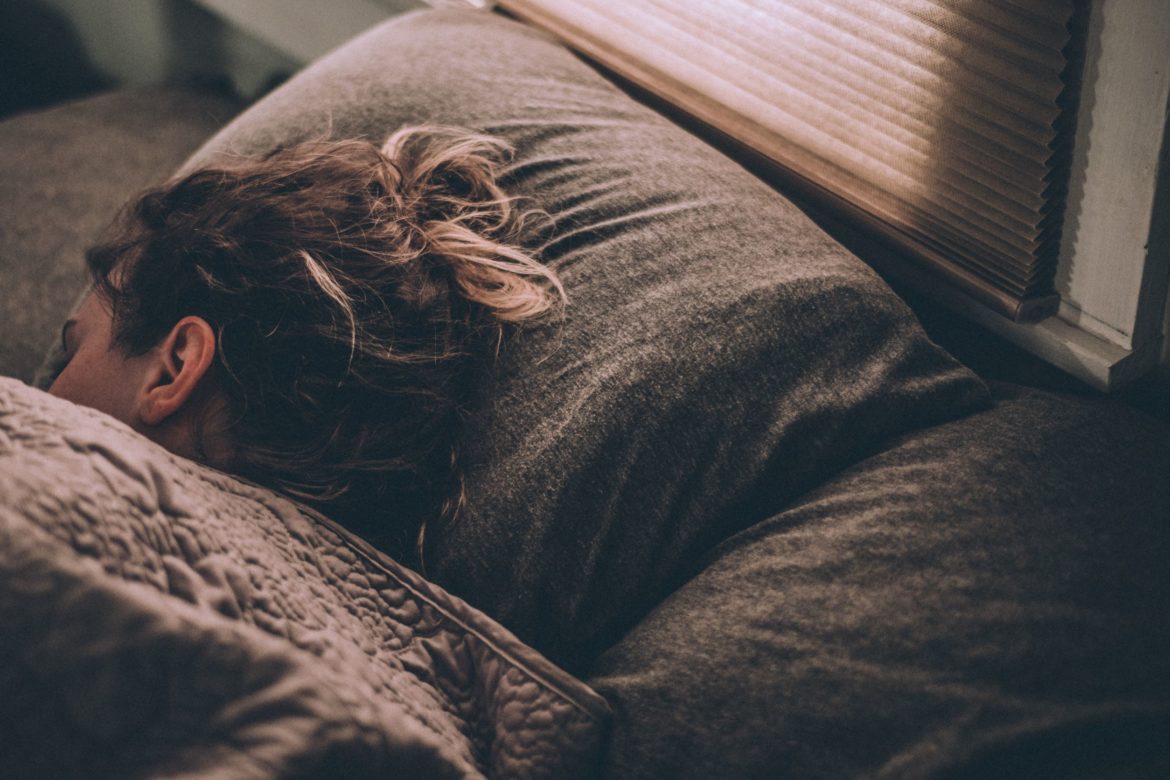A good night’s sleep can make a huge difference in how you are able to get through the next day. Sleep helps your mind and your body re-energize, preparing you for work, family, and other activities. A lack of sleep can impact many areas of your mental and physical health. Here are some proven tips on how to sleep better so you can feel better day and night.
Small Changes
When you’re preparing to make changes so you can get a better night’s sleep, do so slowly. Making small changes will help you work your way toward healthier habits that will become part of your daily, and nightly, routine. Those changes will involve your environment, your schedule, your routine, and pro-sleep habits.
Light Exposure
Do you go to sleep looking at your cell phone or watching tv? Light exposure can throw off your sleep quality. Light, including light coming from the street as well as the blue light that emanates from electronic devices, can disrupt your circadian rhythm. This is the function within your body that determines how you manage your 24-hour cycle each day. It should tell your body when you are ready for sleep but when it is disrupted, so is your sleep pattern.
Noise and Temperature
Two major factors that can disrupt your ability to fall asleep and stay asleep are noise levels and temperature. When you’re looking for tips on how to sleep better, consider the noise level in your bedroom. You can control the television. You probably can’t control noise coming from outside. Consider drowning that noise out with a fan or a white noise app.
Being too hot or too cold distracts you from being able to fall asleep. You can determine what works best for you, of course, but most experts suggest a temperature of about 65 degrees for the best sleep.
Your Schedule
As tempting as it may be to want to sleep in when you don’t have to get up early, you will actually sleep better if you go to bed and get up at the same times every day. This is an area for small changes, to make your efforts more successful. Adjust your schedule gradually, with a goal of getting an appropriate amount of sleep each night, typically between seven and nine hours for an adult.
During the day, work some exercise into your schedule. Fresh air and physical activity can do wonders for your sleep quality at night. Avoid excessive amounts of caffeine and have an early dinner, to avoid food-based sleep disruptions.
A Pre-Bed Routine
You need time to wind down before you go to bed. About 30 minutes before your bedtime, turn off extra lights, put away the electronic devices, and engage in some relaxing activities. Do some easy stretches, listen to soothing music, or read a good book. Disconnect so you can get into the appropriate frame of mind for better sleep.
Quality Sleep in Recovery
These proven tips on how to sleep better are particularly important when you are in recovery from an addiction to drugs or alcohol. The relationship between substance use and sleep problems is complicated and cyclical. While substance use can cause sleep problems, insufficient sleep and a lack of quality sleep can also be a factor in drug use and abuse.
An addiction to drugs or alcohol can disrupt the regulatory systems in your brain that affect the time it takes you to fall asleep, how long you stay asleep, and the quality of that sleep. When you stop using the substances and go through withdrawal, you may also experience insomnia. That may cause you to relapse from your recovery as you are tempted to use drugs again when you cannot get enough sleep.
You may also find that if you are not getting quality sleep, it can make it harder for you to learn the new coping and self-regulation skills you need for a successful recovery. Sleep deprivation can also make you more impulsive and vulnerable to the temptations to use drugs or alcohol again. Following these proven tips on how to sleep better, making small changes each day, can significantly benefit your physical and mental health in recovery.
You Can Find Help and Support at South Miami Recovery
When you need support for your addiction or mental health issues, the professional team at South Miami Recovery offers evidence-based therapies to guide you toward a successful recovery. We know that your well-being is of the utmost importance during the COVID-19 pandemic. South Miami Recovery offers HIPAA-compliant telehealth services so you can get the treatment you need now. Contact us today for help. Call South Miami Recovery at 305.661.0055.
